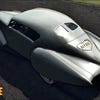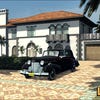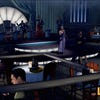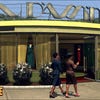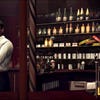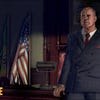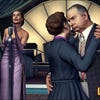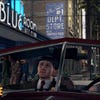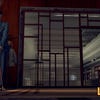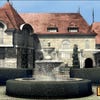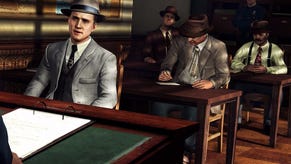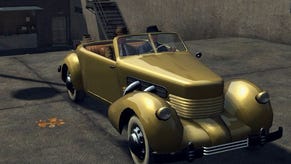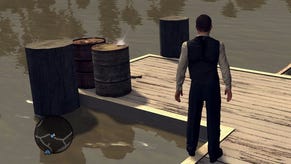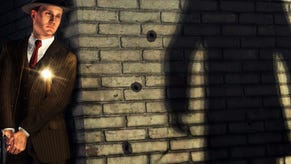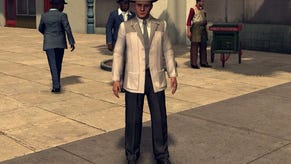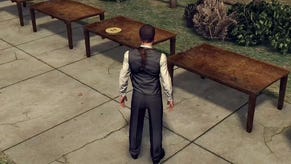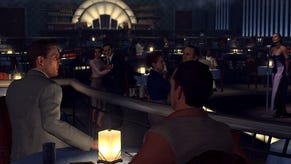L.A. Noire
Face value.
Yes, this is a serious piece of work, and it's desperate to be taken seriously. Rockstar's usual irreverence is nowhere to be seen or heard; Team Bondi plays it dead straight. That's quite a gamble for a video game, but L.A. Noire has the substance to pull it off - just.
A series of tutorial cases, introducing Phelps in a beat cop's uniform, walks you through the various gameplay styles. These are crime scene investigation, driving around the open street map, gun battles, chasing down suspects on foot, and the game's party piece: interrogation.
As an action game, L.A. Noire is enjoyable, if unremarkable. Driving around in the immaculate period vehicles doesn't do much to hold the interest (fortunately, you can ask your partner to drive for a quick teleport) - but the handling has just enough going on to make the occasional car chases exciting. Gunplay takes the form of a bog-standard cover shooter, with some awkward controls excused away by a Call of Duty-style snap-aim.
The foot-chases are more memorable and fun. They recreate a typical cop-show scene you don't often see in games, and they do it well, with Phelps' slick athleticism giving Drake, Croft and the Prince a run for their money. You can enjoy all of these elements in the 40 bite-size street crime scenarios that get called in as you drive around working cases (they can also be accessed in a free-roam mode).
Street crimes are side-quest chaff, though, the main event being the story cases, which sprinkle action scenes through a heavy diet of investigation and questioning. This side of L.A. Noire is more original, more compelling - and like most ambitious ideas, more problematic, too.
In essence, it's the same formula seen in Phoenix Wright and the rest of the wonderful Ace Attorney series, just in a very different medium. You hunt for clues in crime scenes and other places of interest; you interview witnesses and suspects; and then you use the evidence you've collected to expose lies under interrogation. It's tightly tied to narrative; whilst you usually have two or three avenues open to you, you can't really progress until you've reached the conclusion the plot requires.
But where Ace Attorney carries you through on winning characterisation and a swift interface, L.A. Noire's realistic, low-key style gives this process a very different pace and flavour. To begin with, it's disconcertingly slow, but you soon relax into and start to enjoy its steady, methodical tempo.
It can be clunky, though. Combing the obsessively detailed environments for clues is potentially a needle-in-a-haystack affair, so they're telegraphed with pad rumble and an audio chime when you walk by (masochists can disable this). It can be laborious. For the most part, the scenes are so well set that exploring them holds the attention, even if it doesn't engage the brain.
In questioning, Team Bondi takes us into new territory with its use of extraordinary facial performance capture. This results in spooky facial animation which really does make it possible for actors to communicate more of their performances, using eyes, tics and expressions. It's electrifying at best, a bit hammy at worst, but always an exciting novelty to watch. (It's a shame that the body performances, captured separately, are often puppet-like mugging that belongs on the opposite slope of the uncanny valley.)

